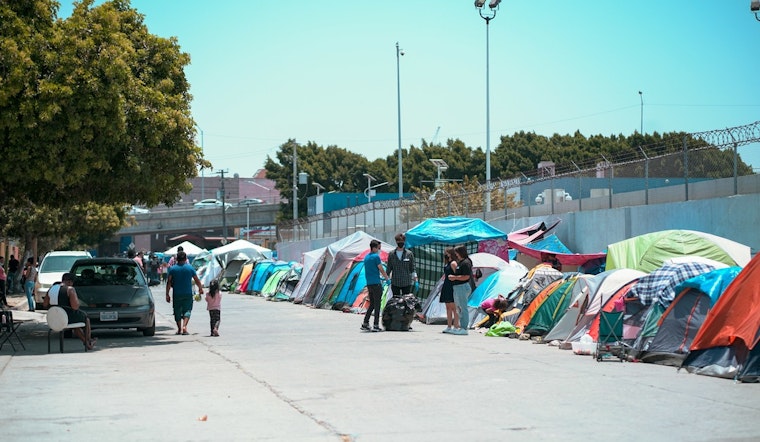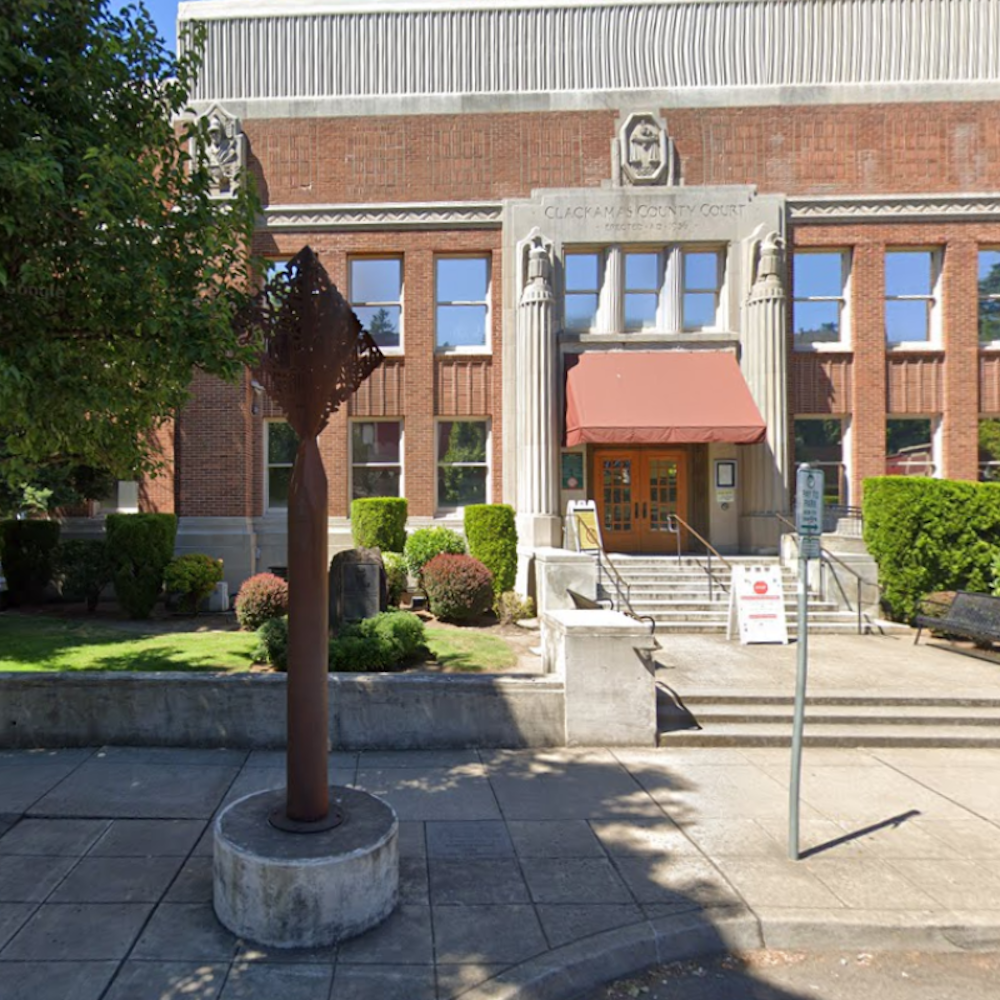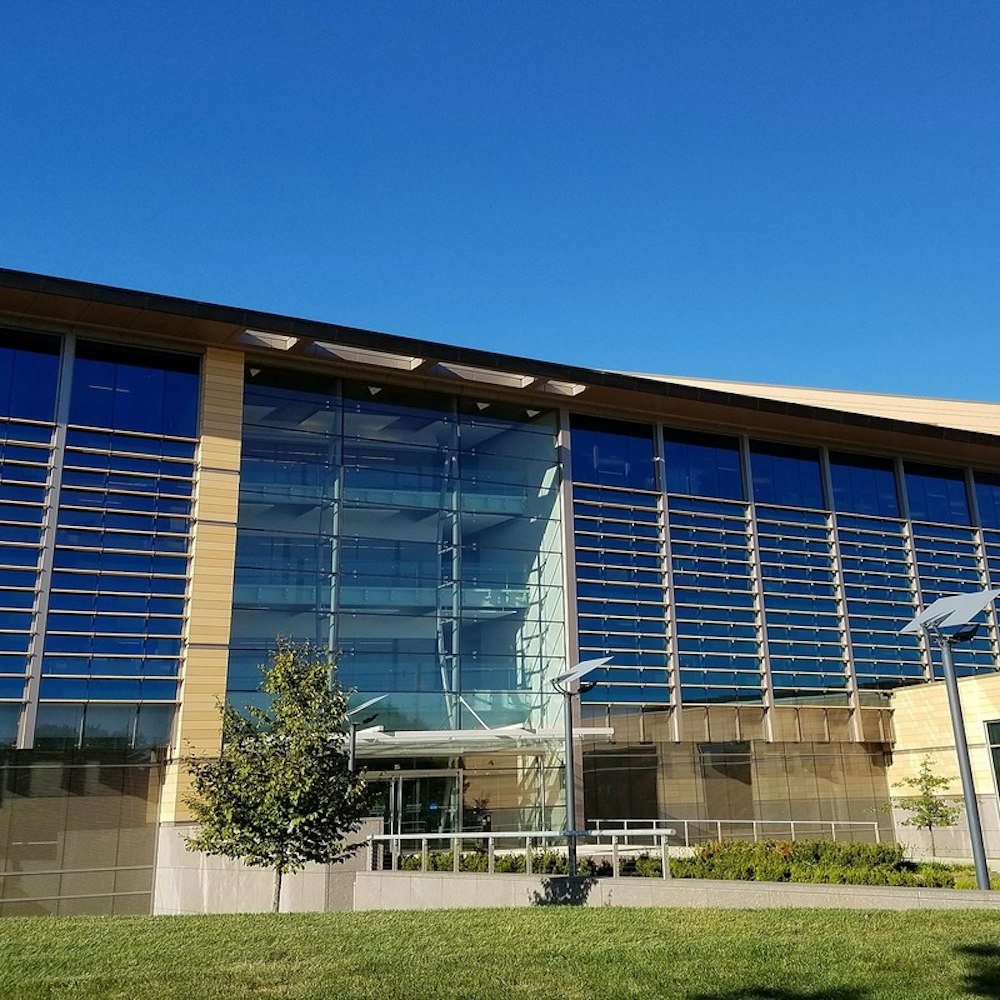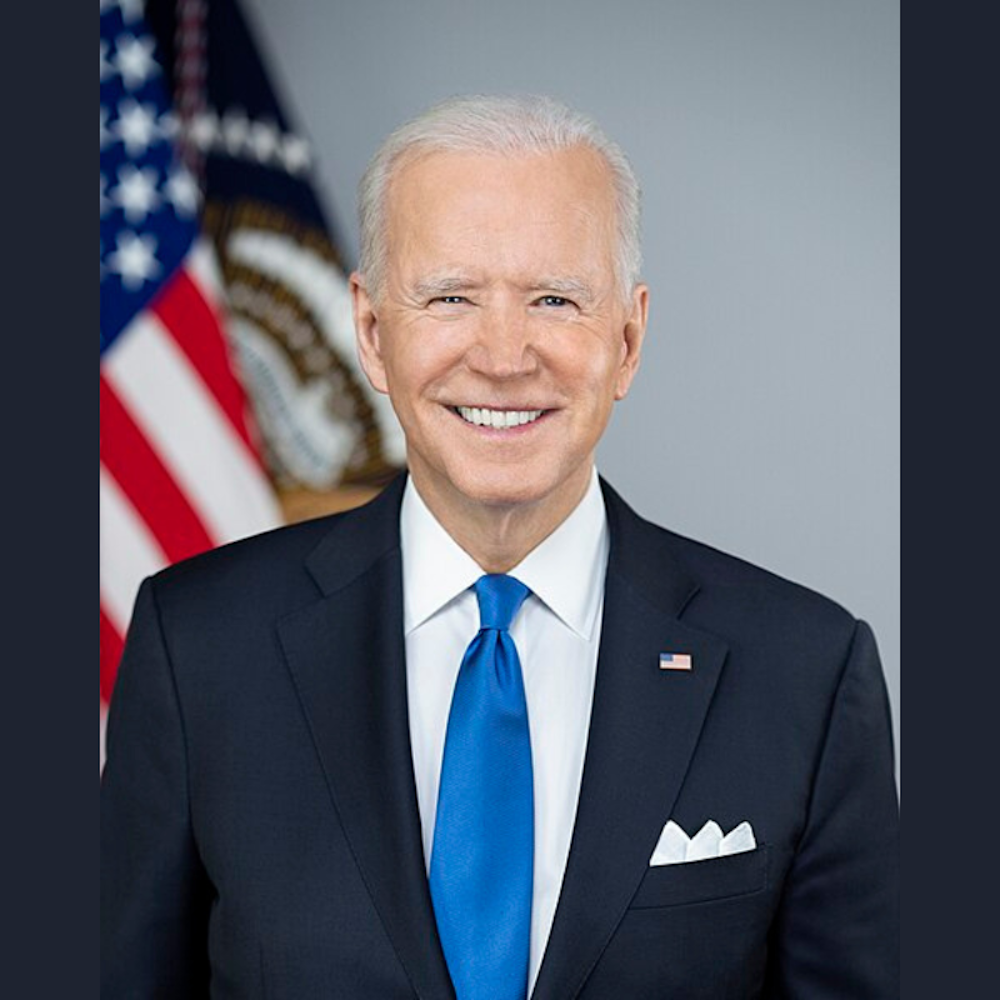
Chicago's city and state officials are geared up to overhaul the city's approach to homelessness and migration through the creation of a new, single shelter system, as reported by the Chicago Tribune. The aptly named "One System Initiative" aims to merge legacy homeless shelters with facilities for migrants under a non-profit management structure, a transition endorsed by local homeless advocates.
The wheels for this change have been set in motion, with planning sessions expected to commence by the end of April, "to serve people regardless of if they’ve been here for five days or five years or their whole life," Beatriz Ponce de Leon, Chicago’s deputy mayor of immigrant, migrant, and refugee rights, told the Tribune. Yet, the system's revamp arrives amid the administration's struggle with an escalating migrant crisis, as the City Council approved an additional $70 million in funding, on top of an existing $150 million allotment for migrant services, as Block Club Chicago reported.
The current systems, which serve the homeless and migrants, face resource strains as they compete for the city's limited affordable housing. Nicole Bahena, vice president of community partnerships for All Chicago, pointed out that "Consolidating will help reduce competition and reduce wasted time and effort". Meanwhile, the city's migrant population remains in limbo, with the shelter count ballooning to 8,724, spread across 17 buildings. Nearly 40,000 migrants have passed through since Texas started sending them to sanctuary cities like Chicago.
Despite the well-intentioned path toward consolidation, the numbers paint a daunting picture. Chicago is home to over 68,000 individuals experiencing homelessness, with an influx of asylum seekers set to test the city's stretched resources even further. These newcomers, many unable to work legally and with specific mental health needs, present challenges the "lackluster" existing system may struggle to meet. Jenn Torres, a mutual aid volunteer expressed concerns regarding the system's capability to cater to such distinct needs, indicating that overcrowded police station lobbies could again become makeshift shelters for migrants, the Tribune revealed.
The recent approval by the City Council of the hefty funding package has sparked heated debates, with alderpeople like Jim Gardiner and Emma Mitts vocalizing their opposition in favor of investing in local community needs. Anthony Beale went so far as to make controversial and unsubstantiated claims regarding Venezuelan criminals being sent to Chicago. Ald. Jessie Fuentes immediately refuted Beale's claims as "not rooted in anything factual," advocating instead for compassion towards migrants as new Chicagoans.









